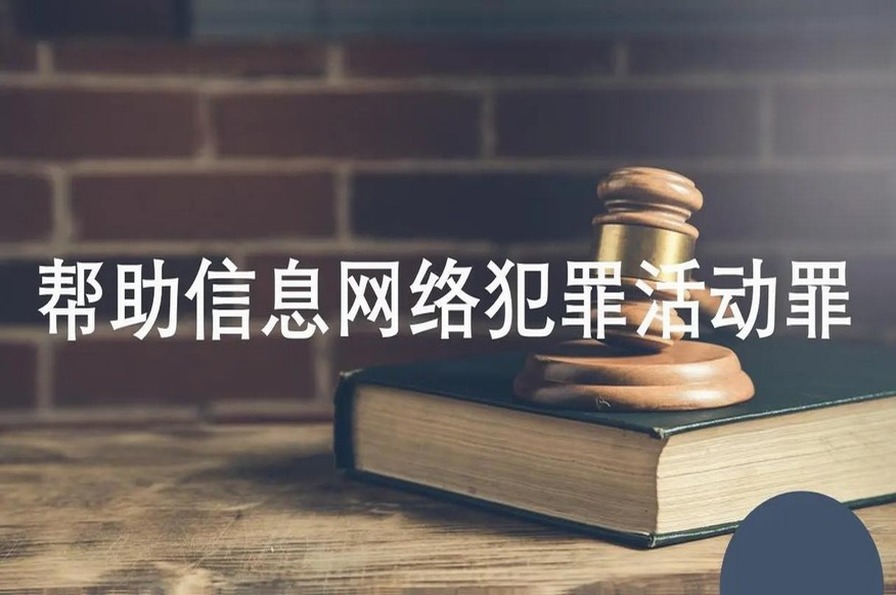
The user seeks a comprehensive legal perspective on international trade imports from a seasoned senior lawyer, focusing on five distinct aspects. They desire a detailed analysis addressing the legal intricacies involved in importing goods into China, supported by relevant and up-to-date Chinese legislation.
Customs Regulations and Tariffs: The primary legal framework governing imports in China is the Customs Law of the People's Republic of China (last amended in 2017). It outlines procedures for declaring goods, payment of duties, and compliance with applicable tariffs. Importers must adhere to the tariff schedules set forth in the Customs Import and Export Tariff of the People's Republic of China, which is periodically updated in accordance with China's commitments under the World Trade Organization (WTO) and other trade agreements. Non-compliance may result in penalties, seizures, or even criminal charges.
Import Licenses and Permits: Certain goods, especially those subject to quarantine, safety, or environmental concerns, require specific import licenses or permits. The Regulation of the People's Republic of China on the Administration of Import and Export Commodities (2016 revision) stipulates that importers must obtain necessary approvals from relevant authorities, such as the General Administration of Customs, the Ministry of Commerce, or the State Administration for Market Regulation. Failure to secure required licenses can lead to import restrictions, fines, or confiscation of goods.
Product Standards and Compliance: Imported products must meet China's national standards, technical regulations, and conformity assessment procedures. The Law of the People's Republic of China on Standardization (2018 revision) and the Administrative Measures for the National Compulsory Product Certification (2019 revision) mandate that certain products undergo compulsory certification (CCC) before entering the Chinese market. Non-compliant goods may be refused entry, seized, or subject to recall and penalties.
Intellectual Property Rights (IPR) Protection: China has strengthened its IPR regime in recent years to align with international standards. The Trademark Law of the People's Republic of China (2019 revision), the Patent Law of the People's Republic of China (2020 revision), and the Copyright Law of the People's Republic of China (2020 revision) provide robust protection for imported goods bearing foreign IP. Importers must ensure they have proper authorization to use any registered trademarks, patents, or copyrighted materials, as infringing activities can result in civil lawsuits, administrative penalties, or even criminal prosecution.
Trade Remedies and Dispute Resolution: In instances where imported goods cause or threaten to cause material injury to domestic industries, China may impose trade remedies such as anti-dumping, countervailing, or safeguard measures pursuant to the Anti-Dumping and Countervailing Regulations of the People's Republic of China (2020 revision) and the Safeguard Measures Regulations of the People's Republic of China (2020 revision). Disputes arising from import transactions can be resolved through litigation in Chinese courts or alternative dispute resolution mechanisms like arbitration, as per the Civil Procedure Law of the People's Republic of China (2017 revision) and the Arbitration Law of the People's Republic of China (1994).
In summary, conducting international trade imports in China necessitates strict adherence to a complex web of laws and regulations encompassing customs procedures, tariffs, licensing, product standards, IPR protection, and dispute resolution mechanisms. Importers must stay well-informed and compliant with these provisions to avoid potential legal risks and ensure smooth market access for their imported goods.










